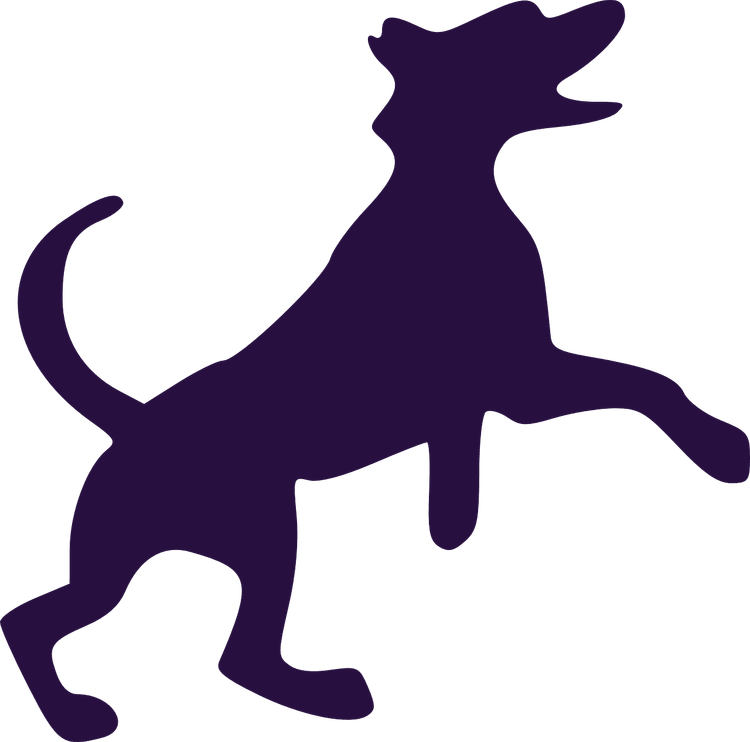Grants serve as a vital source of funding for many organizations, yet the process to obtain them can be exceedingly complex and time-consuming. Crafting a proposal may take hundreds of hours, often necessitating hiring a specialized grant writer, leading to significant expenses — which limits the pool of potential applicants.
Sean Carroll, the former chief of staff and COO of the U.S. Agency for International Development (USAID), understands the intricacies of grant writing. While at USAID, which manages civilian foreign aid and development assistance, Carroll oversaw billions of dollars in grants.
“Writing a grant proposal can be a costly endeavor, requiring extensive hours for designing programs, composing content, addressing donor inquiries, performing compliance checks, and ensuring proper formatting,” explained Mustafa Hasnain, founder of the creative services agency Creative Frontiers. “For smaller grassroots organizations, the outcome of a proposal can feel like a matter of survival.”
Carroll’s innovative solution? Utilize AI to assist with grant proposals.
Together with Hasnain, Syed Murtaza (a former corporate banker), and Gilberto Lopez (a Harvard academic), Carroll co-founded Grant Assistant, a platform that provides AI-driven tools designed to help grant writers strategize, identify target beneficiaries, and extract useful information from relevant documents.
Hasnain emphasized that Grant Assistant is not intended to replace professional grant writers — a common misconception. Instead, the platform is designed to augment their efforts.
“Most document creation tools typically leave users in a blank writing environment, expecting them to produce a polished document from scratch,” he noted. “Our approach acknowledges that starting from the 'top' of a complex proposal is not effective. Simply put, you cannot create an executive summary without first developing the content of the program.”
In contrast, Grant Assistant prompts users to complete a questionnaire with inquiries akin to those posed by project consultants, which aids in generating an initial AI draft for the grant proposal. A “suggestion engine” curates relevant content from uploaded documents to enhance the proposals with pertinent references.
While Hasnain has not disclosed the specific generative AI model that powers Grant Assistant, he noted that it is a “fine-tuned” variant.
“The model has been tailored using USAID writing style guides and policy documents,” he explained. “We’re training the tool to handle complex proposals for various funders, including USAID, the European Union, state agencies, the National Institutes of Health, and the Department of Energy.”
However, it remains uncertain whether Grant Assistant has sufficiently addressed a significant challenge facing generative AI today: hallucination. Even sophisticated text-generating AI can generate convincing but inaccurate information. This issue is particularly concerning when accuracy is essential in grant proposals, which should be fact-driven and evidence-based.
Hasnain argues that the suggestion engine, which integrates research and data from referenced documents, acts as a safeguard against inaccuracies in the proposal drafts. However, one might contend that this merely shifts the burden onto users to verify the suggestions against the generated content.
That said, it's important to remember that Grant Assistant is still in its early stages. With a team of eight, it is primarily self-funded, apart from a $200,000 equity round and a $50,000 grant from Atlantic Philanthropies, a private foundation. There is hope that as the company evolves, it will develop more effective strategies to minimize hallucination — especially given the significant stakes involved in securing grant awards.
Currently, the company's primary aim seems to be customer acquisition, as Grant Assistant is not yet generating revenue. Hasnain claims they have initiated non-binding agreements with government contractors in the international development sector.
With any luck, these initial agreements may convert into contracts, bolstering Grant Assistant's position against competitors like Fundwriter.ai and Grantable.
“While other organizations in the grant writing space exist, they lack the comprehensive tools, user-friendly AI, and streamlined workflow that Grant Assistant offers,” Hasnain asserts. “We are confident that Grant Assistant will significantly reduce the time and cost of proposal creation, allowing larger mission-driven organizations to reallocate resources toward program delivery while enabling smaller organizations to compete on a level playing field with their ideas.”







